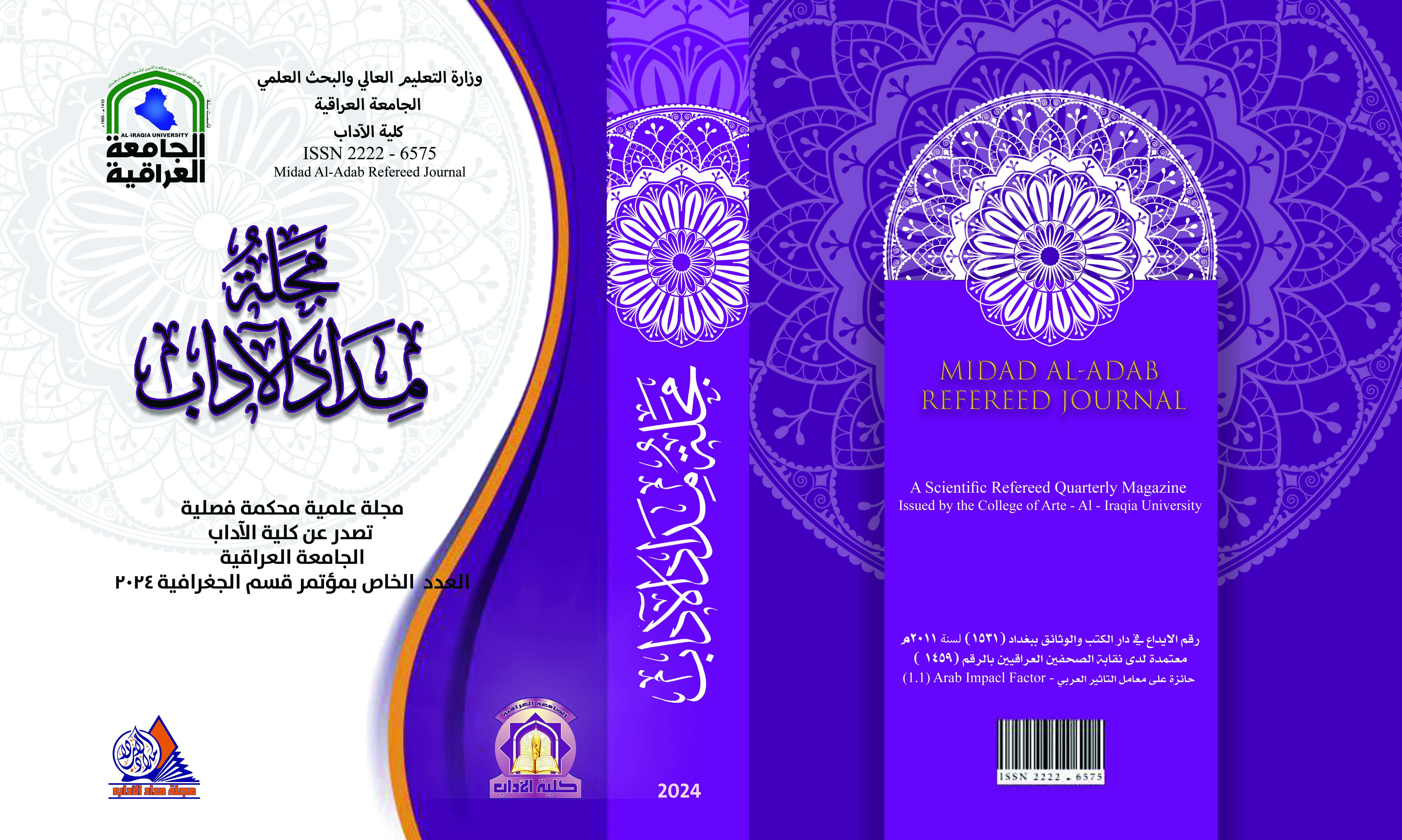A geopolitical analysis of the phenomenon of rape in international wars and civil conflicts
DOI:
https://doi.org/10.58564/ma.v14iالعدد%20الخاص%20بمؤتمر%20قسم%20الجغرافية.1452Keywords:
Keywords: rape - international wars - civil conflictsAbstract
Many international wars and civil conflicts took place within the countries of the continents of the ancient world (Asia, Africa, and Europe), specifically since the outbreak of World War II 1939 until 1917. Most of these wars aimed to achieve victory and dominance over the other party in any way, using several methods to achieve this. Among them is the phenomenon of rape, due to the significant negative effects that this phenomenon has on the losing party in the war.
It greatly contributes to its collapse, psychological, health and social destruction, and ethnic cleansing in preparation for the occupation of its lands.
The study aims to analyze the phenomenon of rape in a geopolitical manner, to examine the concept of rape, to review examples of international wars and civil conflicts in which this phenomenon occurred, and to know its motives and consequences. The study concluded that the phenomenon of rape is an ancient phenomenon that accompanies most wars and conflicts and is sought to be practiced by the party agreeing to the war, regardless of its geographical, religious or economic affiliation or its claim to adopt human rights and raise slogans for the rights of women and children, as in the Western world (Europe and the United States), and this happens. The phenomenon usually occurs in cities and villages whose residents are unable to cling to them and not move away from them, and which are occupied and controlled by the enemy.
Downloads
Published
Issue
Section
License

This work is licensed under a Creative Commons Attribution-NonCommercial-NoDerivatives 4.0 International License.








